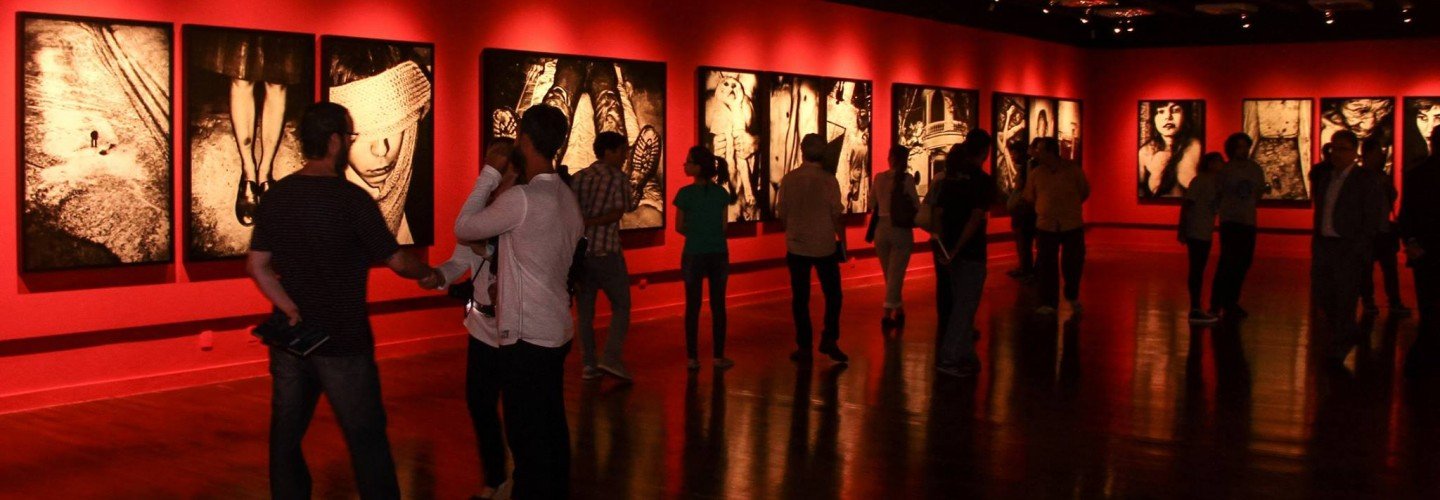
Our history
The Danish Cultural Institute was founded in 1940 on the initiative of a group of 34 outstanding Danish personalities from the world of culture, business, education and science. Folmer Wisti, a Danish philologist, was the head of the formation and he named the Institute “The Danish Society”. The aim was, and still is, to promote international understanding through the exchange of cultural values, ideas and experiences, and to inform the world about Denmark. The first international branches were established in Poland and the United Kingdom in 1947, and the name was changed to The Danish Cultural Institute in 1989.
The branch in Estonia, Latvia and Lithuania was opened by the Danish Minister of Education Bertel Haarder in Riga on August 18, 1990, just one year before all three Baltic countries regained their independence after more than 20 years of Soviet rule. It was the first international cultural institute in the Soviet Union outside Moscow. The underlying ambition was to show that Denmark supported the Baltic struggle for independence. That was much more feasible as a self-governing institution than as a state institution. In the beginning, we worked to create fruitful cooperation between Denmark and the Baltic states by supporting popular interests such as citizenship and education. In this way, Denmark provided social support to the Baltic states without expressing political opinions. In general, the focus has always been on emphasising the common cultural values between Denmark and the Baltic States, such as how a small country like Denmark and the Baltic States can succeed in an increasingly globalized world.
Today, the organization has institutes in five different countries, including Brazil, China, Latvia, India and Turkey. Its headquarters are in Copenhagen.